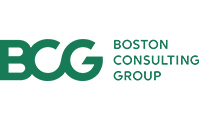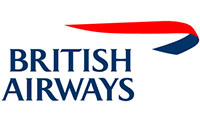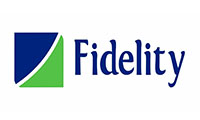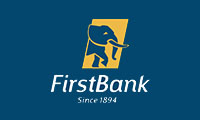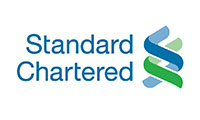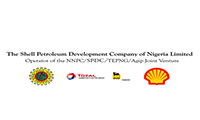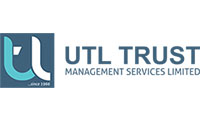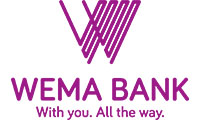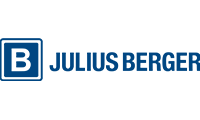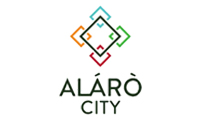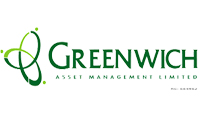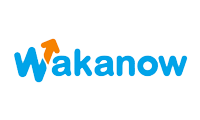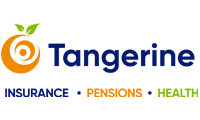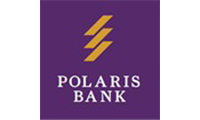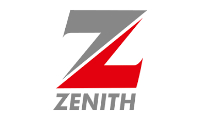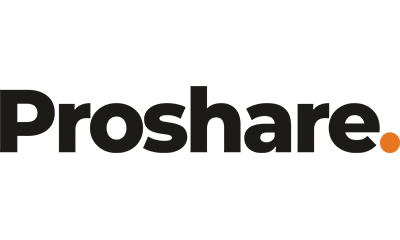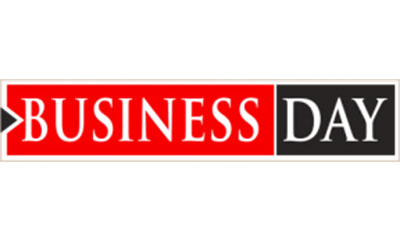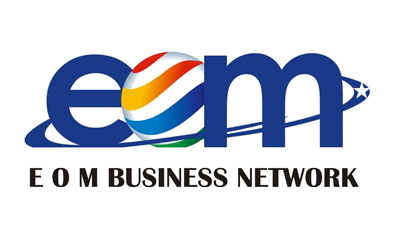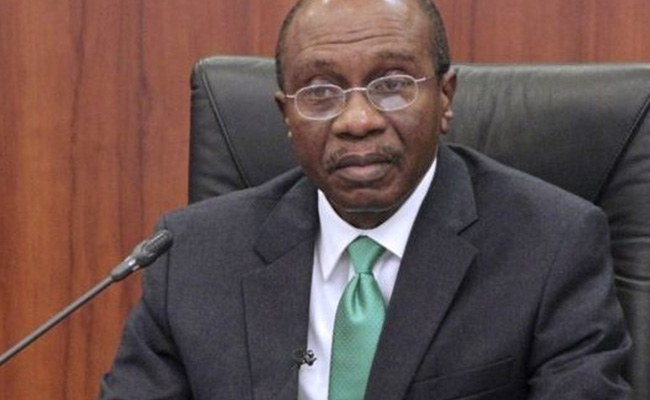
After several days of silence amid a coronavirus outbreak and full-blown oil price war, Nigeria’s fiscal and monetary authorities will announce measures in coming days to deal with the economic fallout that has sent oil prices tumbling.
“We will not hesitate to deploy additional measures to shield the Nigerian economy from headwinds,” Central Bank Governor Godwin Emefiele said at the consultative roundtable themed ‘Going for Growth 2.0’ held in Abuja on Wednesday.
Brent crude prices have slumped more than 40 percent this year to around $37 a barrel, as Saudi Arabia and Russia jostle for market share and the coronavirus slows global growth and spreads uncertainty.
Nigeria relies on earnings from oil for more than 90 percent of its export revenue. The plunge in oil is piling pressure on Nigeria to devalue the naira as dwindling export revenue depletes foreign-exchange reserves, curbing the central bank’s ability to support the currency.
Reserves have fallen by 20 percent in the past two years to the lowest since November 2017 and may soon reach the psychologically important $30 billion mark.
Mele Kyari, group managing director (GMD) of Nigerian National Petroleum Corporation (NNPC), on Wednesday painted a gloomy picture of tougher times ahead for the Nigerian economy on the back of latest developments in the global oil market which have seen markets tumble amid fears of a potential global recession. Kyari said there were over 12 stranded Nigeria LNG cargoes globally, which has never happened before, because of the collapse in oil and gas demand associated potentially and significantly with the coronavirus.
Liquid crude is also badly hit, Kyari said, adding that “today, Nigeria has some 50 cargoes of crude that have not found landing”. “This means that the traders do not know where to take these products to. That’s a huge problem and can be tolerated by some production environment like Saudi Arabia whose average production cost is about $4-$5 per barrel. This cannot happen in Nigeria,” Kyari said.
Nigeria’s average cost of production per barrel averages $30, according to Kyari. “So prepare for trouble for three months. Even if the price goes back to $58, you will have a backlog of production to clear,” he said.
The oil price shock due to the coronavirus came as a great surprise to the Nigerian government and the impact has put significant strain on the budget and the currency, Finance Minister Zainab Ahmed said at the roundtable.
The government may have to adjust its 2020 budget, which was based on a crude price of $57 a barrel, she said last week.
Nigeria’s budget is based on a crude oil price projection of $57 barrel and targeted oil earnings of N2.64 trillion ($7.9 billion).“These very strong headwinds are a wake-up call for us to look toward life without oil,” Ahmed said. “This is the right time for government to take measures.”
The International Monetary Fund (IMF) has cut its projection for Nigeria’s 2020 economic growth to 2 percent from 2.5 percent due to plunging oil prices stemming from the coronavirus outbreak.
Analysts say an already faltering Nigerian economy may balk under further pressure following the collapse in oil prices because the government has dithered for years to mount the bold economic reforms that Nigeria needs.
The oil price collapse may also quickly turn into a severe foreign currency crisis for Nigeria where panic buying of the dollar becomes very pronounced, with local banks on Wednesday quoting the greenback at N390 for offshore traders.
A planned Eurobond by Nigeria now looks increasingly unlikely at this time because of the higher cost.
A leading US bank says although the bond offer is still possible, Nigeria may have to pay as much as 3 percent more to lure wary investors.
Africa’s richest man, Aliko Dangote, said at the roundtable that with the low oil price, it was imperative that the Nigerian economy is diversified.
“And it can only happen through agriculture and manufacturing which create a lot of jobs, middle class, and also transform countries,” Dangote said.
He said for the country to achieve this, there was need to embark massively on backward integration or import substitution.
Dangote said the structure of the Nigerian economy today was not sustainable for a population of 200 million and a population growth rate of about 2.7 percent, coupled with the fact that the country imports most of what it consumes.
He urged more people to delve into manufacturing and government to provide the enabling environment.
“We need to reduce cost of doing business. Government has lost so much money in the Apapa logjam. In fact, three companies lost over N30bn in terms of profit.
“We need to look at infrastructure, power, because that is what will propel the SMES,” he said.
Dangote recommended three things for efficient diversification to happen, including low interest rate, long- term funds, and support by the CBN in terms of making foreign exchange available for people to import plant and machinery.
Speaking on the muchawaited Dangote refinery, he said Nigeria would become the largest exporter of petroleum products in Africa by the time it is completed early next year.
He also announced that for the first time, Nigeria would, this year, become the largest exporter of fertiliser in sub-saharan Africa.
Meanwhile, the battle for control of the global oil market intensified again on Wednesday as Saudi Arabia promised to increase production capacity and the United Arab Emirates said it plans to pump as much as possible next month.
Riyadh said it would boost capacity to an unprecedented 13 million barrels a day, doubling down on Tuesday’s pledge of extra output in April. The UAE, a close Saudi ally, then promised to push more oil to customers than it can produce.
Brent crude for May delivery was down 3 percent to $36 a barrel as at 11:30am Eastern Time. The moves come after an alliance between the OPEC cartel, effectively headed by the Gulf nations, and Russia collapsed last week. Russia, for its part, has announced that it would retaliate by activating additional supplies of its own.
The Saudi energy ministry, headed by Prince Mohammed’s half- brother, ordered Saudi Aramco to boost its output capacity by 1 million barrels a day, the first increase in at least a decade. Saudi Arabia’s plan “isn’t the best option” in the current market, Russian Energy Minister Alexander Novak told reporters in Moscow.
Abu Dhabi National Oil Co. will supply 4 million barrels a day of crude to customers in April, it said on Wednesday. That would mean adding more than 1 million barrels a day to what the UAE pumped in February. The country’s output capacity is 3.5 million barrels a day, according to the International Energy Agency.
Saudi Arabia and its allies are also slashing prices for their oil in an attempt to push out Russian crude and secure market share. Iraq and Kuwait followed Aramco in cutting rates to customers all over the world.



